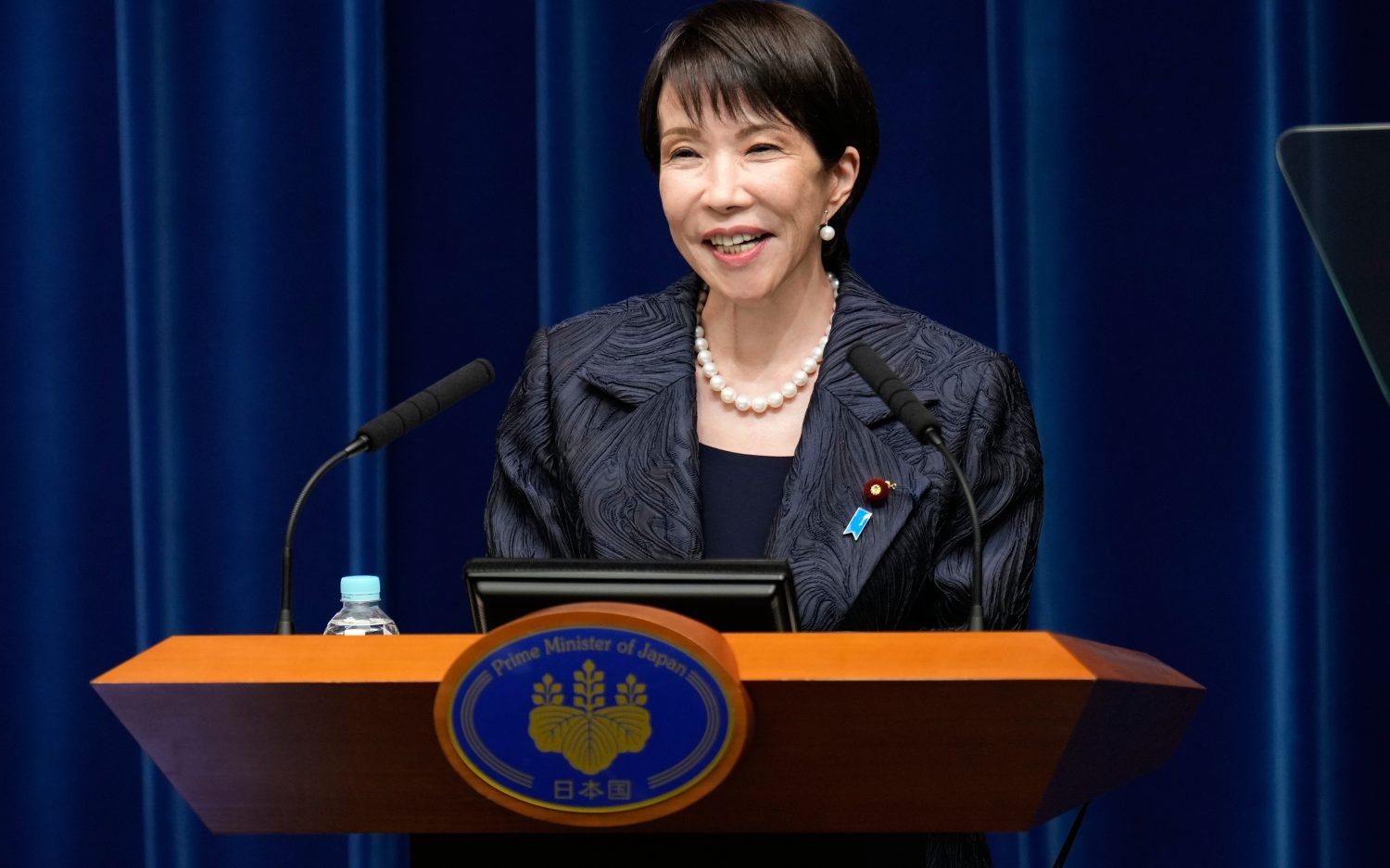A lifelong love for strangers
Ed and Joanne Dick have opened their home to more than 300 refugees in the past 40 years
More than 300 refugees from Vietnam, Cambodia, Kenya, Burundi, and Laos have passed through Ed Dick’s Bradenton, Fla., home in the past 40 years. It’s surprising, considering that when Dick first moved to the city in the deep South in 1946, the county sheriff led Ku Klux Klan marches through the center of town and anyone opposed to the enforced segregation of races could expect retaliation.
But that never stopped Dick and his wife, Joanne. The couple, who have been married 68 years, said they were motivated by verses in Matthew 25 about feeding the hungry and clothing the naked: “Truly, I say to you, as you did it to one of the least of these my brothers, you did it to me.” And by following that command, their lives helped break down racial boundaries in Bradenton, a coastal community just south of Tampa.
Even as a high school senior, Dick could be found sitting in the back of the bus with African-American students. In the early 1960s, he registered more than 2,000 minorities to vote in Florida’s Manatee and Sarasota counties. As a part-time football scout for the University of Miami, Dick scouted the school’s first African-American player, Raymond Bellamy.
In 1968, a young man named Seymour Sailes walked into Dick’s insurance office looking for a chance to prove himself in a business closed to African-Americans. Dick hired him. Sailes later recalled that the day Dick invited him home for lunch was the first time he walked through the front door of a white family’s house.
But Dick’s actions made him many enemies. He frequently received phone calls with only silence on the other end, as well as threatening notes—some signed and others anonymous. One night, someone lit a cross in their front yard, Dick told me with pride. But the threats only made the Dicks more determined to welcome strangers who began arriving from Southeast Asia into their home and their community.
At the end of the Vietnam War in 1975, refugees poured into the United States, only to give way to another wave in 1979—survivors of the Cambodian killing fields. Dick, who worked with the Red Cross, responded the only way he knew how, by opening his home to the newcomers. In all, more than 300 strangers, including a family from Burundi, four to six Somalian families from Kenya, and more than 100 people from Vietnam, Laos, and Cambodia passed through the Dick's home. As more arrived, Dick canvassed local churches to find sponsors and created Refugee Incorporated, a non-profit to help relocate people from war-torn Southeast Asia.
Julie Ung Tran was 7 years old when she arrived in the United States from Cambodia with her extended family in 1979. Speaking for her father, Cheu Ung, she said the Red Cross connected them with Dick, who found a church to sponsor them. “We had no money, no clothes,” Tran said. “The church formed a committee to settle us and help us live in this country. They provided food, clothing, transportation, housing, even entertainment.”
She remembers how involved Dick was in her adjustment to the States, including bringing her to church: “He was always there. When you needed help, he came right to the house. He took the kids out for ice cream. Ed Dick has been a part of our family since 1979.”
With so many different cultures under their roof, Joanne remembers the English classes that began with taping signs on the furniture, clocks, and refrigerator to help visitors learn new words. She recalled her 7-year-old son teaching a 7-year-old Vietnamese girl English: “We heard our son say, ‘I am a Polish pig.’ So I had to run and get a dictionary out and get a picture of a pig and tell her no. We shake a lot of heads and wave a lot of arms, and we speak louder and slower, but that doesn’t help.”
The Dicks also adopted eight children, from Haiti, Puerto Rico, and Mexico. They recall having up to 17 people living in their four-bedroom house at one time and as many as six different languages–including Spanish, French, Swahili, and Polish–being spoken at the dinner table.
“It was never calm,” Joanne said.
Veronika Kunovak was a refugee from the 1992 siege of Sarajevo in Bosnia and Herzegovina and lived in Croatia until 1996, when she and her two children came to the United States ahead of her husband and met the Dicks. “I had a craving in my imagination, a prayer for someone to be a family for us,” she said. “And for us it came true when we met Ed and Joanne Dick.” Kunovak said the miracles never stopped. Whenever she needed something or had a question, they were there.
“I’ve seen how he treats everybody, shows them respect and love,” she said. “In my mind he is a saint, a holy man.”
Even as the Dicks passed retirement age, they didn’t see their work end. In their mid-70s, the Dicks helped found Guardian Angels, an organization developing foster family homes for children. Working in partnership with Florida Baptist Children’s Homes, they currently have two homes and are starting to build a third. Today the group has 40 children under its care, with nine placed for adoption last year.
“We feed the hungry, give drink to the thirsty, house the homeless, and visit the sick and imprisoned,” Dick said. “As Christians, many of our friends say they’re going to pray for what God wants them to do. This is my philosophy and I’m sure it’s Joanne’s: I see something that needs doing and I say let’s do it and ask for God’s support.”
An actual newsletter worth subscribing to instead of just a collection of links. —Adam
Sign up to receive The Sift email newsletter each weekday morning for the latest headlines from WORLD’s breaking news team.




Please wait while we load the latest comments...
Comments
Please register, subscribe, or log in to comment on this article.